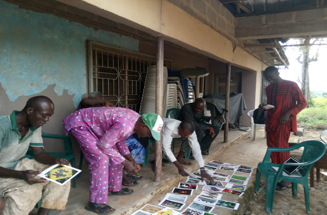
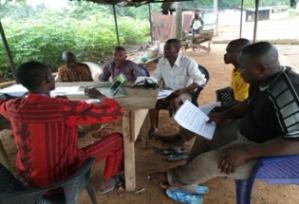
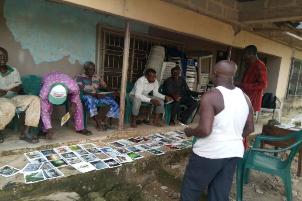
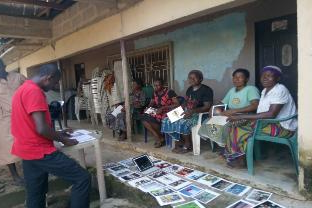
Producing Valid Localised Social Indicators for Sustainable Brownfield Management Decision Support Tool – Lake Development Assessment in Nigeria
Keywords: shared values// localized indicators // values-based evaluation// social sustainability indicators // land remediation // transdisciplinary research// SuRF-UK //
Funded by: Internal funding from team at Fudan University/ Thousand Talents Fund
Key team members: ECO; MKH; CCE;BCO
Key Contributions to WeValue Platform Knowledge:
This was a milestone project for WeValue InSitu development because it demonstrated that the data could be directly useful for a mainstream decision support tool.
Many critics of the approach (rightfully) queried whether the grounded, qualitative and highly-localised approach could ever produce results which were of immediate use to pragmatic practitioners in the field. However, this study showed that the standard outputs from a WeValue InSitu process – bespoke Frameworks of Statements of shared values of local groups of people – could be.
This finding emphasises several characteristics of the WeValue InSitu approach. Firstly, that the conciseness of the statements in their meaning, is more important to measurement tools, than their qualitative nature. In other words, if the statements are very clear, then it odesn’t matter very much if the content is about something uniquely local or unusual – like concern for the eyesight of the elders, or local women only being allowed to touch the Lake. As long as the statements are sufficiently concise, then indicators can be formed from them for measuring, and for ranking, and for indicating to ‘outsiders’ where local preferences lie and where red lines are drawn.
To some extent, this particular work was made easier by the visionaries who developed SuRF-UK, who incorporated in it’s design the need and possibility and space for local bespoke concepts to be integrated. To them we raise our hats!
Relevant papers published: #22 in the Publications List:
Odii, E. C., Ebido, C. C. & Harder, M. K., 6 Nov 2019, In: Science of the Total Environment. 711, 36 p., 135045.
DOI: https://doi.org/10.1016/j.scitotenv.2019.135045
A milestone demonstration of the usefulness of WeValue InSitu to produce local social proto-indicators that can in facft be inserted into the standard SuRF-UK decision support tool (in the context of land remediation: here for development of a salt lake).
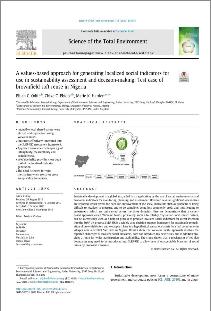
Official websites - none
Official purpose:
This project aimed to determine locally valid social indicators which could be inserted into a mainstream international tool (SuRF-UK) used for assessing/ranking development projects according to sustainability criterion in three dimensions: environmental, financial, social.
Brownfields are sites that “have been affected by the former uses of the site and the surrounding land; are derelict or underused; may have real or perceived contamination problems; are mainly in developed urban areas; require intervention to bring them back to beneficial use” CABERNET (2006).
The SuRF-U.K. Framework is the most widely used sustainable remediation guidance in the EU, Australia, and New Zealand” (Harclerode et al. 2015). It involves ranking the different scenarios against indicators from Environment, Economy and Social dimensions. The first two of these are easy to measure in quantitative ways, with numbers like the CO2 production or pollution produced, or income brought in. But the social indicators are really uncertain leading to inter-dimensional and intra-dimensional imbalance in indicator inclusion.
Objectives:
•To construct new social Indicators from values-based research processes
•To develop and operationalise sustainability linkages approach to indicator derivation
•To augment and operationalise the social indicators sets of decision support frameworks for sustainability assessment of brownfield regeneration such as SuRF UK
•To propose an integrated values-based sustainability assessment process in sustainable brownfield management
•To develop and standardise a values-based characterisation of illiterate/semi-literate communities for possible enhancement of local community involvement in sustainability assessment of brownfield remediation options
•To amplify community shared values as a potential incentive for initiation of community-led sustainable brownfield regeneration processes
Project findings
We carried out 11 workshops with naturally-occurring groups of villagers in the vicinity of the Lake. They each produced statements of their shared values, arranged in a framework like this:
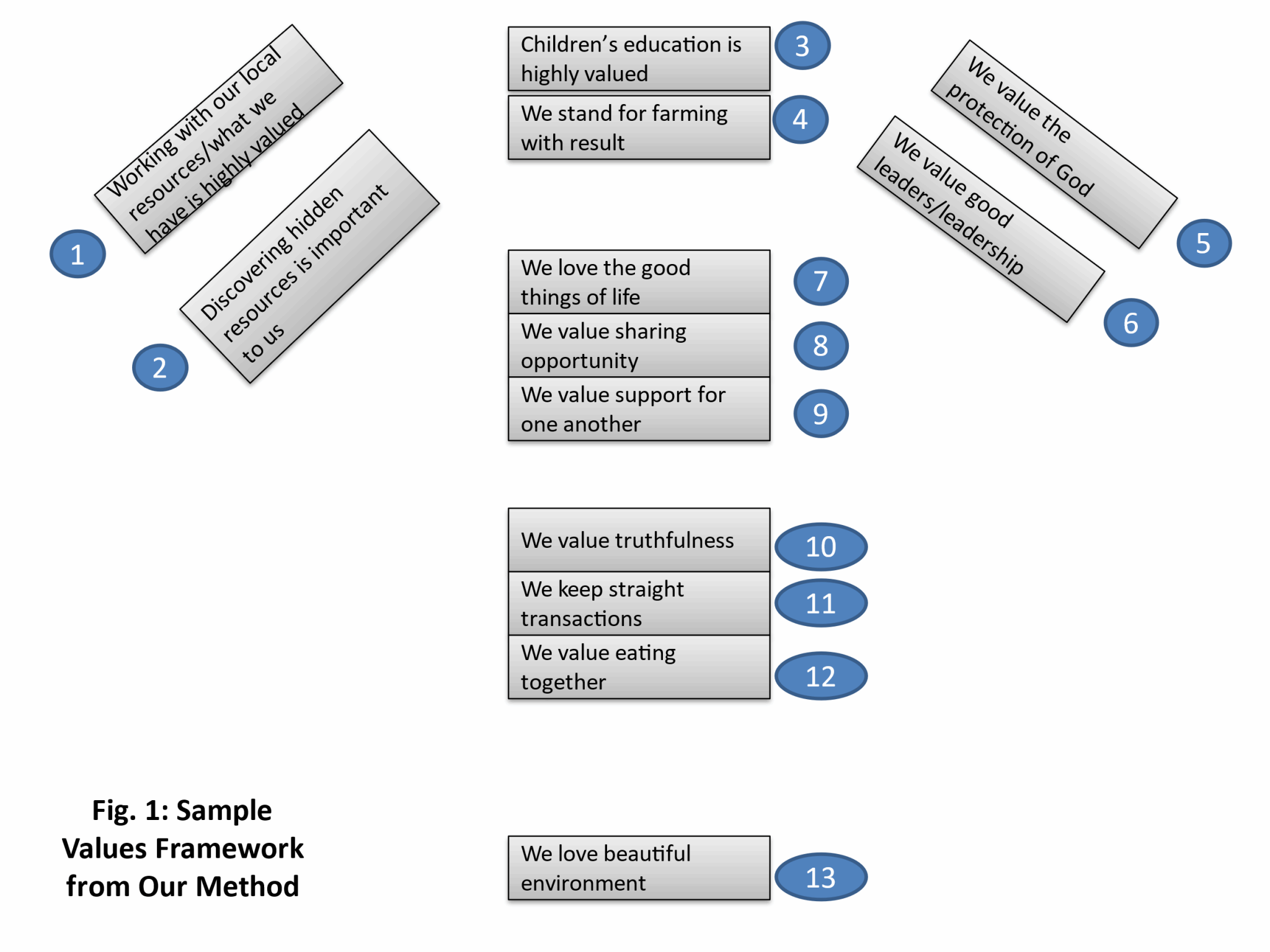
Now if we bring the outputs from our workshop process in the village to the SuRF decision making matrix, it provides raw data to construct much better social indicators for this specific locality. This can be done in a scientific way, e.g. requiring each indicator has formal ‘sustainability linkages’ - a method already established and which our process fulfils (Bardos, 2016).
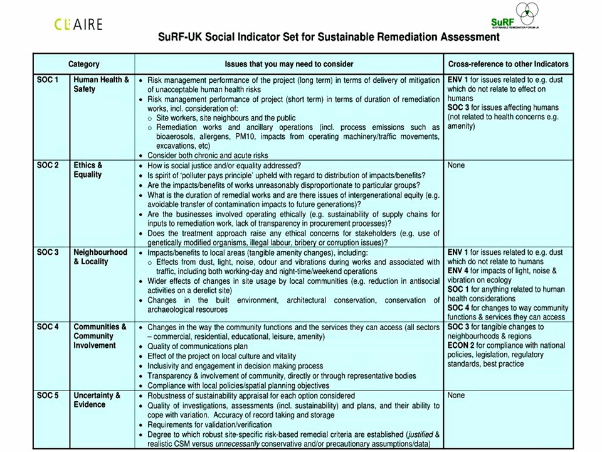
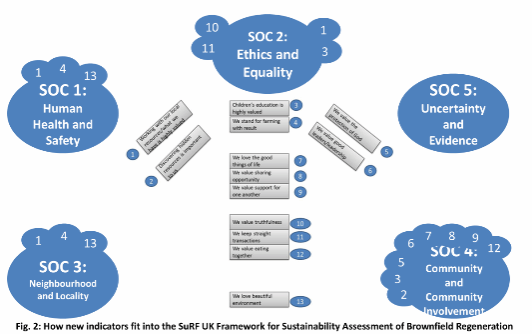
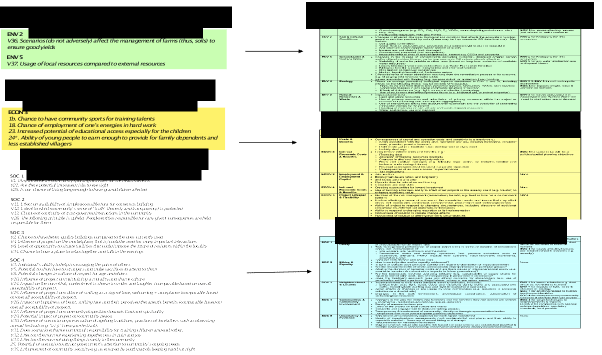
Figure 3: Schematic to show how the new indicators fitted into the standard SuRT-UK framework.
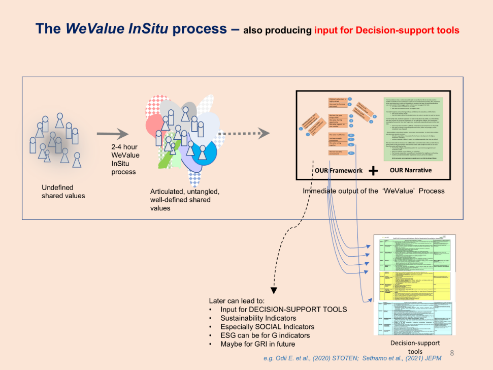
Figure 4: An overview schematic to remind the reader of the processes that led to the production of the indicators that could feed into the standard SuRF-UK framework of its decision support tool (DST).
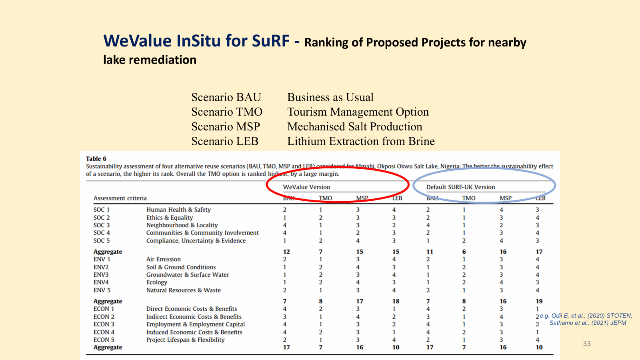
Figure 5: A schematic to indicate how the ranking of the 4 scenarios gave different values for the WeValue-based, grounded indicators compared to those nominated by SuRF-UK as standard proxies for cases where no localised indicators are available.
Formal documents and publications - none
Further information
This project is fully described within the PhD Thesis of Elijah C Odii.
Project impact
This work was acknowledged by other researchers and practitioners using SuRF-UK, and subsequent papers mentioned the approach and it’s potential to be developed, e.g.:
Li, X., Bardos, R., Cundy, A., Harder, M. K., Doick, K., Norrman , J., Williams, S., & Chen, W. (2019). Using a Conceptual Site Model for Assessing the Sustainability of Brownfield Regeneration for a Soft Reuse: A Case Study of Port Sunlight River Park (U.K.). Science of the Total Environment, 652, 810-821. https://doi.org/10.1016/j.scitotenv.2018.10.278
Bardos, R.P., Thomas, H.F., Smith, J.W.N., Harries, N.D., Evans, F., Boyle, R., Howard, T., Lewis, R., Thomas, A.O., Haslam, A., 2018. The Development and Use of sustainability criteria in SuRF-UK’s sustainable remediation framework. Sustainability 10, 1781.
Bardos, R.P., Thomas, H.F., Smith, J.W.N., Harries, N.D., Evans, F., Boyle, R., Howard, T., Lewis, R., Thomas, A.O., Dent, V.L., Haslam, A., 2020. Sustainability assessment framework and indicators developed by SuRF‐UK for land remediation option appraisal. Remediation Journal. 1–22. DOI:10.1002/rem.21668.
Partners
Principal Investigators:
Professor Marie Harder and Elijah Odii
Research Assistants:
Chike Ebido
Benita Odii
Advisers
(tbc)


